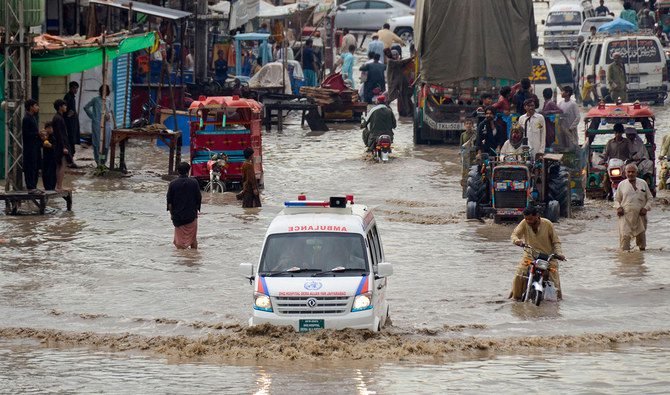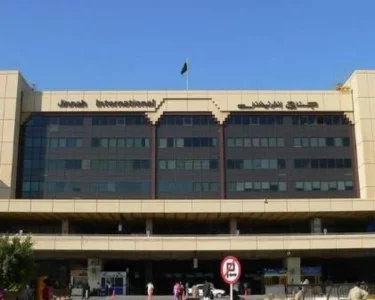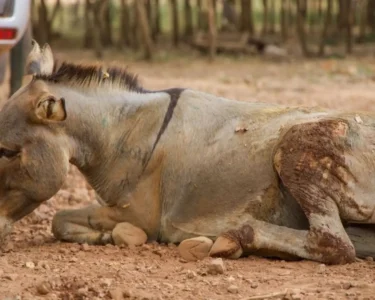KARACHI: The Sindh Provincial Disaster Management Authority (PDMA) Director General, Salman Shah, issued a stern warning to concerned departments, including the Karachi Commissioner, Karachi Metropolitan Corporation (KMC), Karachi Development Authority (KDA), and other organizations, urging them to prepare and ensure emergency plans ahead of anticipated monsoon rains in July to August.
Chairing a meeting of concerned institutions to discuss preparations for the upcoming monsoon season, Commissioner Karachi was informed by PDMA DG Salman Shah about the expected surge in rainfall.
“This year, we are anticipating a 100 per cent increase in rainfall from July to August,” stated Salman Shah during the meeting.
Highlighting the vulnerability of Karachi to heavy rainfall, PDMA revealed that out of 198 slope areas in the city, 29 are categorised as sensitive.
Read More: Pakistan commemorates inaugural international Markhor day
Responding to the warning, Karachi Commissioner instructed the agencies to devise contingency plans in anticipation of the heavy rains. “Prepare emergency plans for KMC, KDA, TMSE, and others,” the Commissioner emphasised.
Expressing concerns over the potential consequences of unpreparedness, the Commissioner cautioned that failure to act swiftly could result in significant losses for the city.
Karachi’s monsoon history:
Karachi has a history of facing challenges during the monsoon season, with record-breaking rainfall observed in August 2020. During the period of 24 to 27 August, the city received an unprecedented 230 mm of rainfall in a single day.
Tragically, rain-related incidents in Karachi and across Sindh led to numerous fatalities, with drowning, electrocution, and collapsing roofs reported as the main causes of deaths.
Reasons behind Karachi’s flooding:
Preliminary survey reports following the recent monsoon rains in Karachi revealed the city’s susceptibility to flooding, largely attributed to changing climate patterns.
While illegal encroachments on nullahs are often cited as a major contributing factor, decades of infrastructure neglect have exacerbated Karachi’s vulnerability to flooding, underscoring the urgent need for comprehensive urban planning and disaster management strategies.






